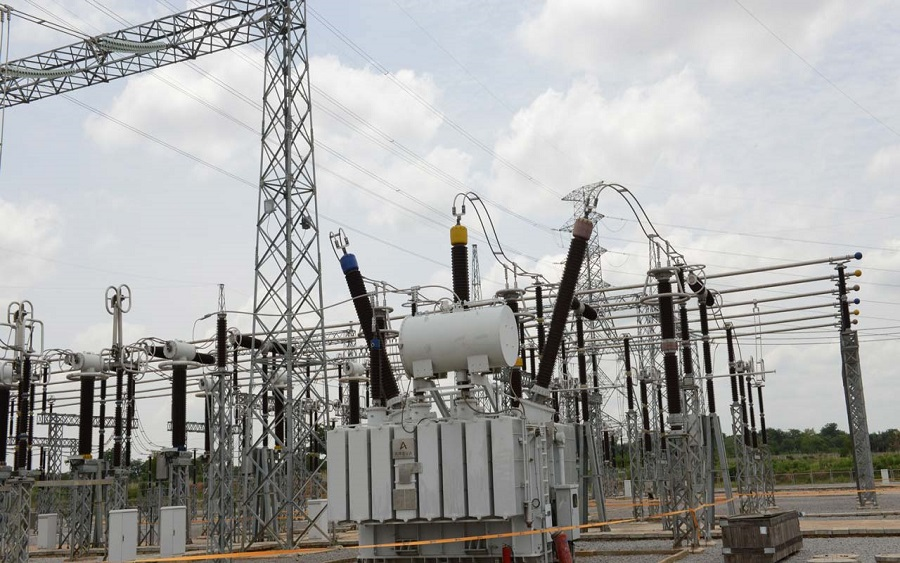Over 250 manufacturers and academic institutions in Nigeria have disconnected from the national grid and opted to generate their electricity through captive power systems.
This shift is driven by persistent blackouts, frequent grid collapses, line trippings, and the rising costs of electricity and fuel.
Captive power permits, issued by the Nigerian Electricity Regulatory Commission (NERC), allow organisations to generate electricity exclusively for their consumption, with restrictions on selling power to third parties.
Collectively, these entities now generate approximately 6,500 megawatts of electricity, surpassing the nation’s current power generation capacity, which fluctuates between 4,500 and 5,000 megawatts.
Notable contributors include the Dangote Group, which generates 1,500 megawatts, with the Dangote refinery alone producing 435 megawatts.
Other significant players include Pure Flour Mills Limited, generating 546 megawatts, and Nigeria LNG, producing 360 megawatts. Several universities, including the University of Lagos and Bayero University Kano, have also embraced captive power generation to address their energy needs.
The Minister of Power, Adebayo Adelabu, expressed concern over the growing number of bulk users abandoning the grid, citing a lack of trust in its reliability and stability.
He noted that while grid electricity is cheaper, with captive power costs ranging from N350 to N1,000 per kilowatt-hour depending on the energy source, many industries prefer the reliability and security of generating their power.
“Fluctuations in grid voltage, including spikes, dips, flickers, and brownouts, can cause significant harm to consumers and result in substantial commercial losses. Extreme cases of voltage fluctuations, particularly at the distribution network level, can cause severe damage to industrial machines, thereby compelling the industrial customers to seek alternative sources of power outside of the national grid,” he stated.

Experts in the power sector have emphasised the need to restore confidence in the grid. They suggest incentivising industries to reconnect, which could improve demand stability and lower electricity costs.
The Executive Director of PowerUp Nigeria, Adetayo Adegbenle, stressed that bulk electricity users are essential for maintaining grid stability and reducing costs.
He argued that targeted incentives and reforms are necessary to encourage industries to return to the national grid.
“Many of the grid collapses we have had can easily be traced to such consumers leaving the grid, making the demand end of the grid less stable. I have also said before that one of the major objectives, if I were to be in charge of the grid, would be to bring these companies back if we truly want to have a stable and cheaper grid supply,” he said.
The President of the Nigeria Consumer Protection Network, Adetayo Adegbenle, highlighted the increasing adoption of renewable energy by industries seeking energy security despite the higher costs associated with off-grid solutions.
He noted that the frequent collapses and instability of the national grid have made alternative energy sources a necessity for industries committed to maintaining production and competitiveness.
“The distortion in national grid frequency, voltage floating, and related concerns are of grave concern to every well-meaning patriotic Nigerian. Each time there are interruptions in electricity dedicated to production and manufacturing, it usually impacts negatively on production and does irredeemable damage to quality and output,” he said.
The migration of industries to captive power systems has significant implications for the national grid and distribution companies (DisCos). With industries moving off-grid, the demand side of the grid is increasingly reliant on residential consumers, potentially destabilising the system further. DisCos continue to face liquidity challenges, operational inefficiencies, and issues related to unpaid bills.
Experts advocate for reduced import duties and tax waivers on renewable energy equipment to make alternative energy more accessible to individuals and small businesses.
They also stress the importance of modernising the grid infrastructure to accommodate growing demand and prevent collapses. Policy reforms, including the implementation of cost-reflective tariffs, are seen as essential to attract investments and restore trust in the power sector.


